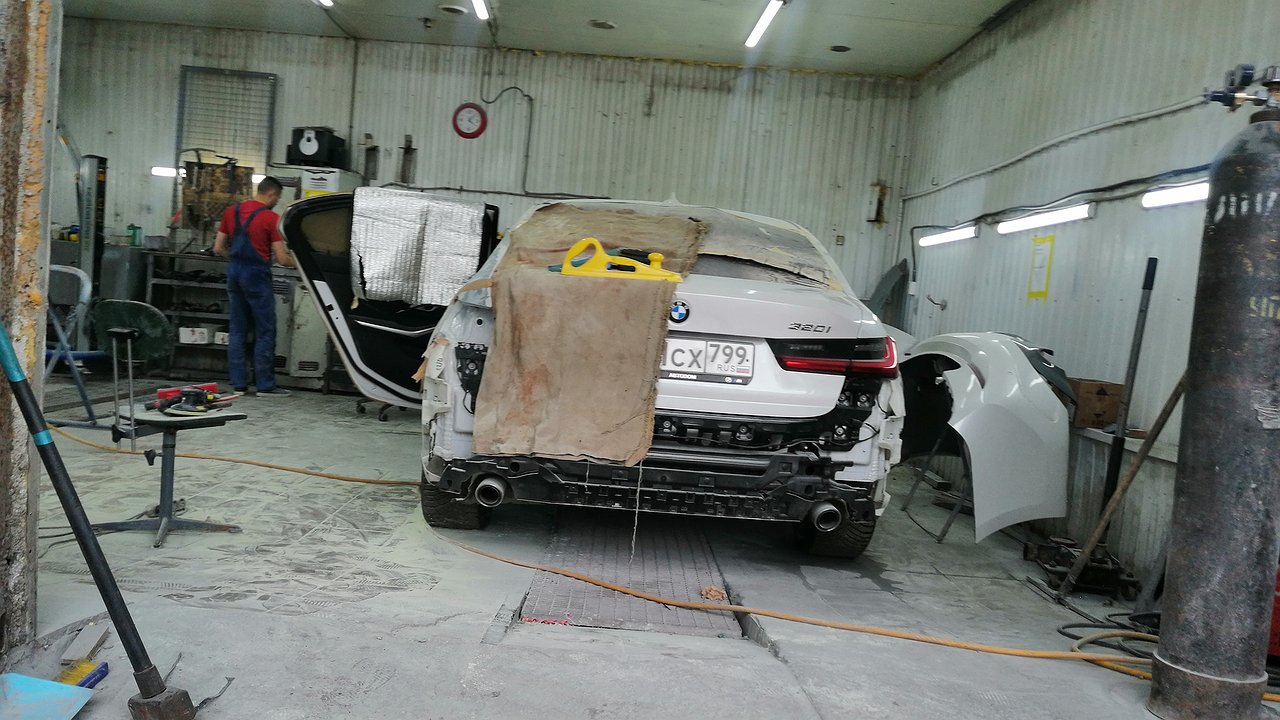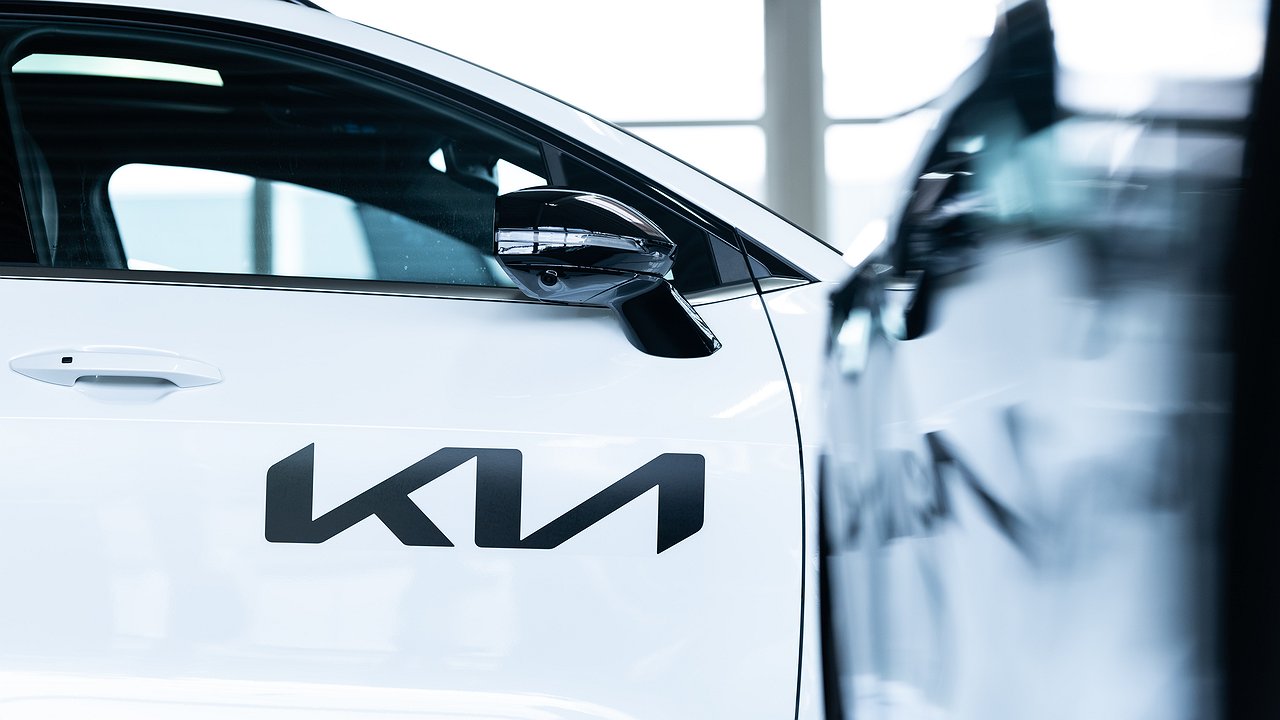No, the brake pads are replaced, but it is not possible to install, repair, maintain the gearbox, steering parts, various electronic components, airbags, etc. And it’s not about spare parts, with which, as you know, there are big problems in Russia, too, namely with software.
Initially, the partial, and now even complete shutdown, proceeds by cutting off access to service programs, which for a long time worked on the principle of a remote server. That is, a dealer in Russia starts working with the machine by connecting to a server in Germany. Now it’s impossible.
But the most dangerous thing for car owners is losing the car’s ignition key. Previously, such a distraction was expensive, but it was resolved quite quickly: the owner came to the dealer – even without a car – submitted an application and documents, the craftsmen sent a request to Germany, from where a unique code for a new key came , which was already “formed” on the spot. After some time, it was only necessary to call and pick up the “new thing”. Now this prank isn’t going to work.















